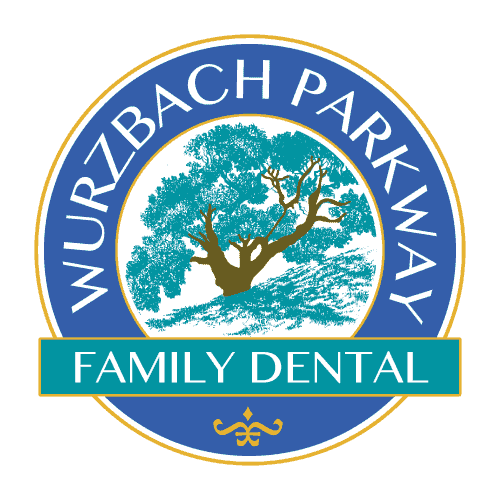4 Non-Oral Diseases Dentists Can Spot
Dentists, by nature, are quite observant medical professionals. They must be able to identify even the smallest fractures and physical symptoms in their patients’ mouths! This ability is quite useful in identifying, treating and even preventing dental related illnesses. However, most patients don’t know that dentists have the ability to identify non-oral disease as well.
In fact, some of the diseases a dentist can detect have very few recognizable symptoms to warn patients of their existence. We believe this is an important part of our dentists’ job, even though it technically doesn’t pertain to the traditional idea of dentistry. That’s why our dentists are trained in detecting these 4 non-oral health issues, as well as many more.
You May Not Know You Have Nighttime Reflux, But A Dentist Does!
Some people experience the silent symptoms of gastroesophageal reflux disease, also known as GERD. These symptoms are most often experienced at night, while the patient is asleep. However, many patients don’t realize that they are experiencing this problem until their dentist notices the symptoms.
Dentists are able to spot nighttime reflux due to the enamel erosion it causes from the inside a patient’s tooth, particularly upper back molars. Reflux disease can cause serious damage to a patient’s esophagus and can even lead to esophageal cancer. Treatment to prevent damage caused by reflux disease is pretty simple, including elevating the head of your bed, limiting meals before going to sleep and taking acid blocking medications.
Osteoporosis Doesn’t Affect Teeth, But Your Dentist Can Spot It!
Most patients don’t know that their dentist can even tell if they have osteoporosis! Osteoporosis is a naturally occurring condition where the bones of a patient become weakened and brittle over time. Throughout our lives, our body is constantly renewing our bone structure and breaking down the old. This process is more efficient in our youth, as we age this process slows down and we are no longer able to create new bone as fast. The more bone mass we develop in our youth, the lower our chances of osteoporosis.
While it doesn’t affect a patient’s teeth, it does alter the bones that support them. This clues the dentist into the patient’s development of osteoporosis over time. Consuming your daily-recommended servings of calcium, avoiding tobacco products and limiting alcohol consumption are great ways to prevent osteoporosis from developing. However, most of the risk factors are ones that we can’t control, such as the fact that women are more likely than men to develop osteoporosis.
Gums Can Tell Your Dentist A Lot About Your Risk Of Diabetes.
Diabetes is a group of diseases that affects a patient’s blood sugar, or glucose. A patient with diabetes, regardless of the type, has too much glucose in their blood. Which can be detrimental to a patient’s oral and overall health. There are a variety of risk factors that can contribute to the cause of diabetes. While the direct cause of diabetes is still unknown, the risk factors for type 1 include family history, environmental factors, the presence of autoantibodies (insulin damaging immune system drugs) and even a few dietary factors. The risk factors for type 2 include obesity, sedentary lifestyle, family history, old age, high blood pressure and even abnormal cholesterol levels.
What is the most common dental health symptom of diabetes? Periodontal disease, also known as gum disease. The presence of gum disease, as well as bleeding of the gums and a receding gum line, can warn a dentist that a patient may have or be at risk of developing diabetes.
Oral Bacteria Can Contribute To The Development Of Heart Disease.
Cardiac disease, also known as heart disease, covers a variety of diseases that affects a patient’s heart health and ultimately their overall health. Heart disease can lead to serious medical situations, often times with the patient unaware of the issue prior. While some forms of heart disease are genetic, many of the others can be easily prevented through healthy diet and lifestyle choices.
Dentists often notice some of the first symptoms of heart disease, which manifest in a patient’s mouth. They often include both inflamed gums and loose teeth! Through the Oral Systemic link, doctors have discovered that patients with periodontal (gum) disease can have oral bacteria enter the bloodstream through bleeding gums, which wreak havoc on their heart. This can contribute to coronary artery disease, as well as the development of blood clots and plaque buildup in arteries.
As part of the Wurzbach Parkway Family Dental’s family, we treasure each and every patient. We believe that our patients’ oral health is just as important as their overall health, especially since the two correlate. For this reason, we have dedicated our time and resources to be being able to identify illnesses beyond just dental ailments for the benefit of our patients’ lives. For more information on what non-oral illnesses the Wurzbach Parkway Family Dental staff can identify in patients, please feel free to contact us today.


